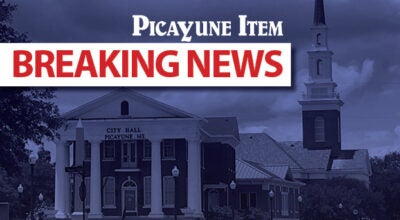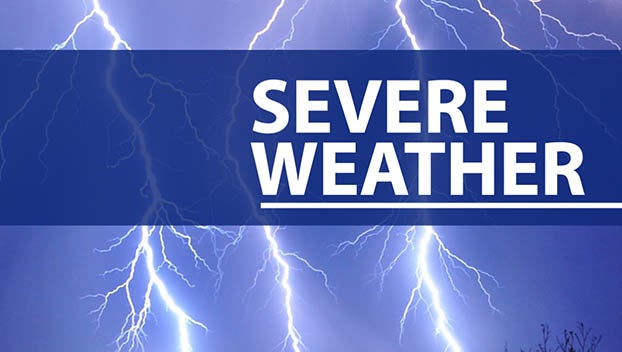Beware of sweepstakes scams asking for money
Published 7:00 am Tuesday, July 29, 2014
The phone rings, and when answered someone on the other end says, “You’ve won the grand prize!”
One Picayune woman received a similar call over the weekend, only she did not win anything. She suspects she was being scammed.
Pat Dale received a call on Saturday from someone claiming to be a representative from Publishers Clearing House.
Dale was told she won one million dollars and a Mercedes Benz.
“I knew it was probably a scam when they told me to purchase a pre-paid $500 shipping card,” Dale said.
Dale said the caller not only knew her phone number but her address as well.
She received three calls Monday morning and after the third call told the caller she was going to call the police and he hung up.
Dale researched Publisher’s Clearing House scams and found a warning on the website alerting them to beware of callers pretending to be employees.
According the Publishers Clearing House website, scammers are using real employee names when calling potential victims. The warning states winners never have to pay to claim a prize award from Publishers Clearing House.
Dale said she can see how they make people believe but someday someone could end up getting hurt.
The Federal Trade Commission’s website lists the following signs indicative of a scam; the winner has to pay a sum, has to wire money, has to deposit a check into their account and then send money back, is told the caller is from the government or another organization with a name that sounds official, the notice was mailed by bulk rate, the winner has to attend a sales meeting to win and if the winner gets a call out of the blue even though their number is on the do not call registry.
According to the FTC website, legitimate sweepstakes are free and by chance.
Before sending any money, do some research on the on the prize promotion companies and check with state attorney general’s office or local consumer protection office, the FTC website states.
Learn more about these and other scams at www.consumer.ftc.gov.
Visit www.donotcall.gov to register a phone number with the national do not call registry. Cell phone numbers can also be registered.
If someone thinks they have been targeted by a scam, report it to the FTC and also contact the Mississippi Office of the Attorney General at 601-359-4230 and local consumer protection offices.



